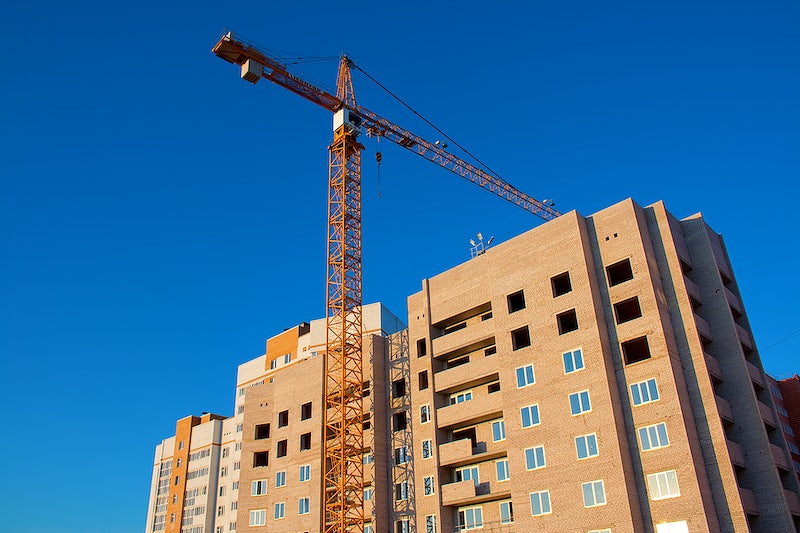Revenue at Ibstock is expected to drop by 21% in 2023, as the building firm looks to temporarily scale back capacity as a result of softer market conditions.
The Leicester-based maker of clay and concrete building products said in a statement that it predicts revenue to drop year-on-year from £513m to £405m.
The FTSE-250 listed firm reported that trading in the latest quarter is in line with expectations, which was underpinned by cost reduction action and stable pricing, with market conditions remaining subdued.
Restructuring measures at Ibstock are expected to save annualised costs of £20m, with £5m coming in 2023.
Chief executive officer at Ibstock, Joe Hudson, said: "Against a challenging market backdrop, we are pleased to have delivered a resilient performance in the final quarter and for the year as a whole. Throughout the period we have focused on taking the right actions in light of near-term market conditions, which has led to the difficult but necessary decision to reduce headcount across the business. At the same time, we have continued to progress the projects that will underpin growth as our markets recover.
"While the pace and timing of the recovery remain uncertain, Ibstock is in robust financial health, with the balance sheet strength and financial flexibility to ensure we remain well-positioned for a return to growth over the medium term."
Following the announcement, shares at Ibstock dropped by -3.4% to 138.2 pence.
The building product maker will announce its full financial results for 2023 on 6 March.
Equity analyst at Hargreaves Lansdown, Aarin Chiekrie, added: "It’s no real surprise to see Ibstock wrestling against the struggles of a housing market slowdown. Residential volumes have dropped significantly in 2023, and the group expects business to remain subdued over the near term.
"To combat the challenging market backdrop, Ibstock reduced headcount and pulled back on production, carefully matching supply with demand to try and avoid a build-up of inventory. This involved the permanent closure of the group’s brick factory in Surrey, which will cost the group around £20m over the current and prior year.
"This isn’t great news and raises questions about the group’s ability to ramp up production quickly when the market turns. In the meantime, cost-cutting measures remain the key route to protecting group margins."
© 2019 Perspective Publishing Privacy & Cookies










Recent Stories